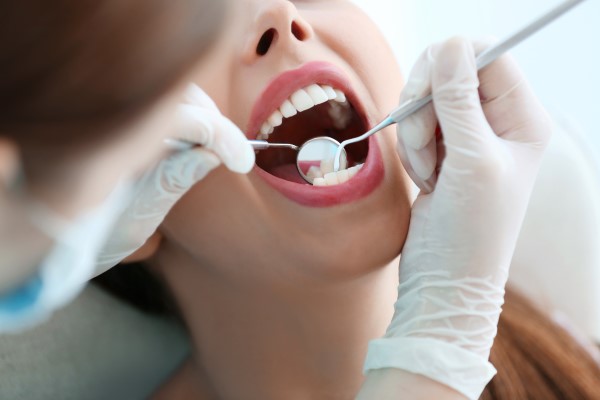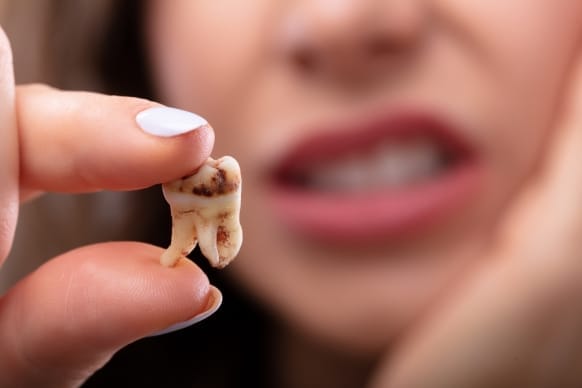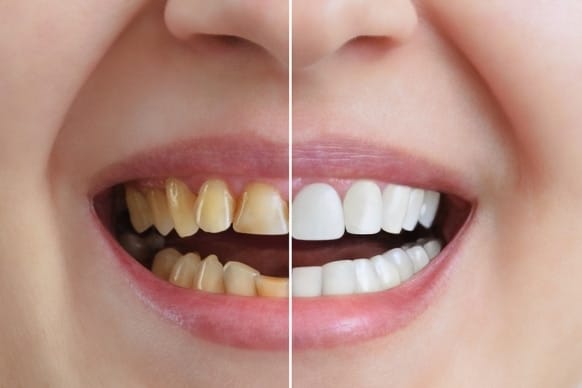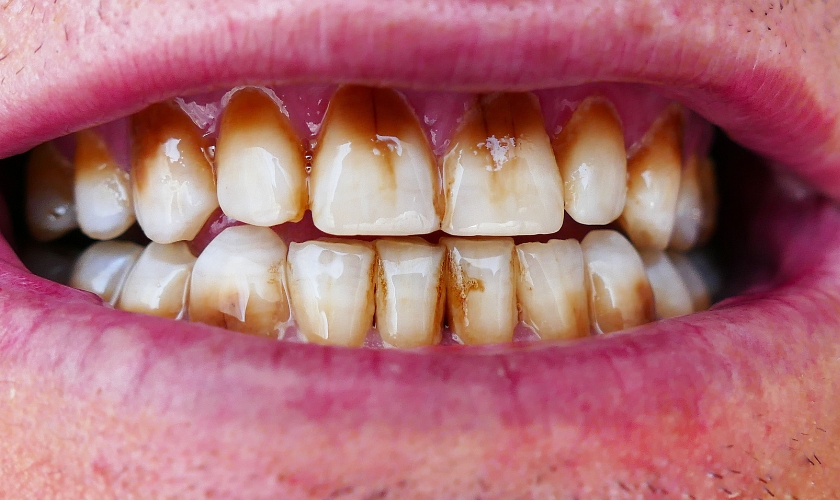Does Pineapple Juice Help with Wisdom Teeth?
TLDR: Yes, pineapple juice may help reduce swelling after wisdom teeth removal due to bromelain, an enzyme with anti-inflammatory properties. However, it’s not a miracle cure—moderation is key, and it should be used alongside proven recovery methods. Pineapple Juice and Wisdom Teeth Recovery: What’s the Hype? If you’ve been scrolling through social media lately, you’ve […]







